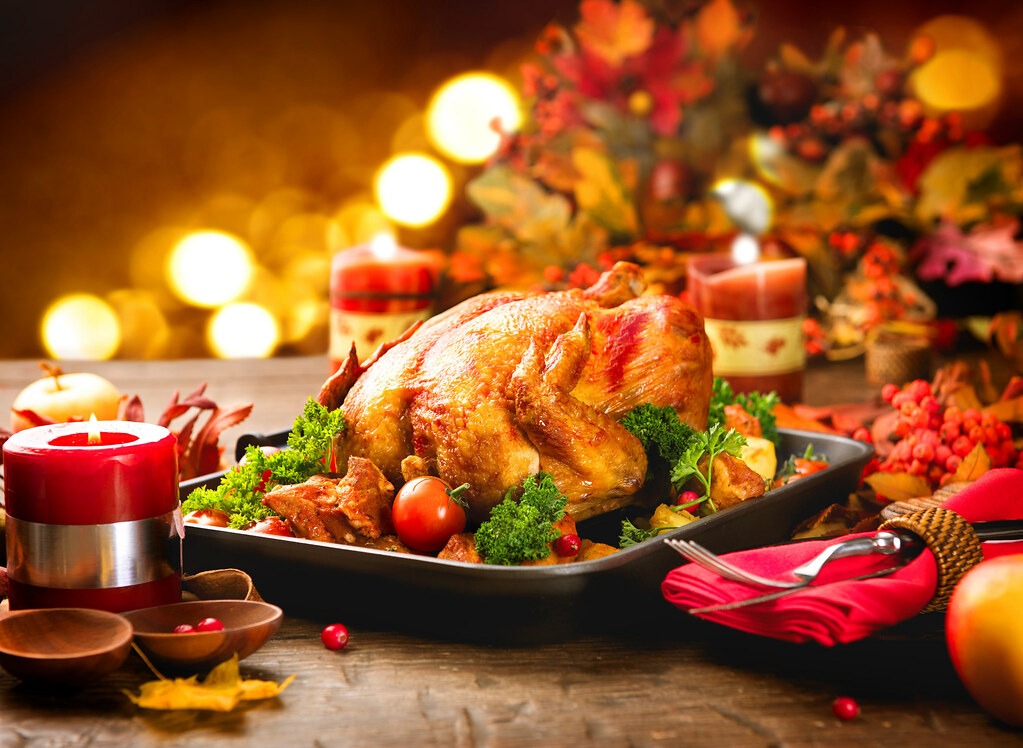Warwick researchers developing lab-grown turkey
Dr Radu Cimpeanu, a theoretical mathematician at the University of Warwick, is enhancing the production of cultivated turkey alongside other researchers.
The cultivated turkey cells can directly produce animal meat by duplicating turkey meat’s sensory and nutritional profiles.
This could really make a difference to people’s eating habits across the board, as well as during the festive period
Dr Radu Cimpeanu
The researchers are in the process of developing computational models that can increase cell oxygen and nutrient uptake in the early stages of lab-grown meat production.
The project aims to create more affordable, sustainable, and environmentally-friendly dining options for Christmas dinners.
The research is in its infancy, but the researchers believe that the technology is important for improving the texture of the cultivated meat and cutting production costs.
Dr. Cimpeanu said: “We are working on getting the costs down to make this whole process much more economically feasible.
“This could really make a difference to people’s eating habits across the board, as well as during the festive period.”
Cultivated meat brings many advantages, such as reducing carbon emission during meat production
He explained that cultivated meat brings many advantages, such as reducing carbon emissions during meat production, the cost of meat, and the risk of disease and antibiotic resistance.
He added: “In the future, a lab-grown turkey could prove a more affordable and greener alternative at Christmas time. But for now, we can continue to enjoy our Christmas dinner of choice as we always have.”
The research has been supported by funding agencies like the Good Food Institute and the Cultivated Meat Modelling Consortium, in collaboration with Professor Daniel Harris from Brown University and industry partners.
However, data from the Institute of Grocery Distribution suggests that turkey’s popularity with British shoppers may be fading, with the proportion celebrating Christmas with turkey falling from 60% to 56% between 2021 and 2022.

Comments